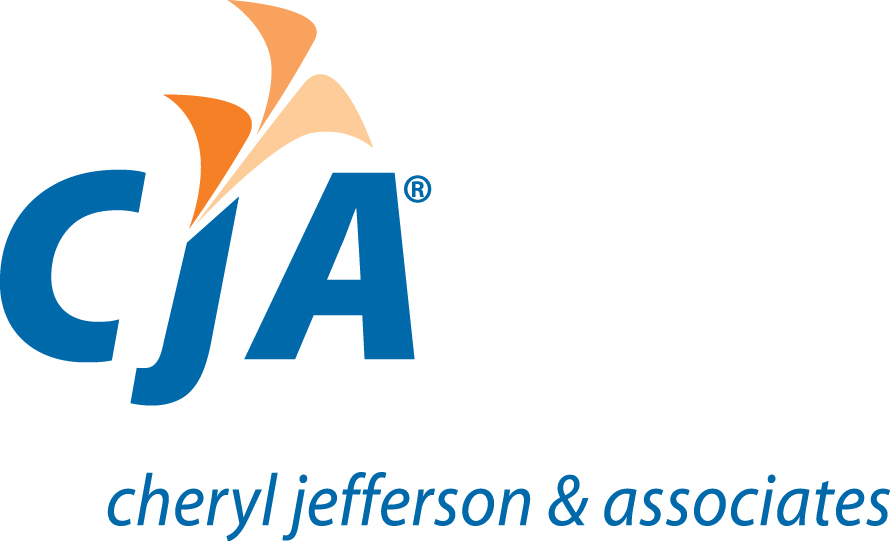DCAA Compliance Checklist
For government contractors, it is extremely important to be Defense Contract Audit Agency (DCAA) compliant. Now that tax season is almost over, government contractors should take some time to make sure they are DCAA compliant. Below is a quick overview of the checklist and tools supplied by the DCAA; as well as, a few other items to check to ensure DCAA compliance.
Pre-Award Accounting System Checklist
Contractors who are new to the world of government contracting and who have cost reimbursement contracts or receive progress payments based on cost can use this checklist. At this point, the DCAA is making sure the accounting system used by the contractor has the ability to track costs per Federal Acquisition Requirements (FAR). While this list is generally used as a pre-award survey of the accounting system, also using it as a self-check of the accounting processes in place for current government contractors is beneficial.
Contract Pricing Proposal Adequacy Checklist
The Contract Pricing Proposal Adequacy Checklist is no longer being maintained by the DCAA. The Defense Federal Acquisition Regulation Supplement (DFARS) section 252.215-7009 now maintains it. Although the maintenance of the contract pricing proposal adequacy checklist has changed hands, it is still used by the DCAA. This checklist is a tool to help determine whether sufficient information has been provided to the government for pricing information on proposals. Whether or not this is officially requested by the DCAA, it does not hurt to do a self-check since contractors have the burden of proof (p21 3c) for the proposed costs in a contract price.
Forward Pricing Rate Proposal Adequacy Checklist
The Forward Pricing Rate Proposal Adequacy Checklist is also maintained by DFARS, section 215.403-5. This checklist verifies the adequacy of information submitted for forward pricing rate proposals to ensure negotiations of contract rates are well-supported, fair, and reasonable.
Incurred Cost Submission
Any government contract with the FAR 52.216-7 clause requires the submission of an incurred cost submission (ICS). The ICS is useful in determining the final direct and indirect incurred costs. Read our previous blog ‘Who Needs an Incurred Cost Submission?’ for details. ICS’s are due six months after the fiscal year end. For most contractors the fiscal year end is December 31st thus, having a due date of June 30th. In addition, the DCAA provides an electronic model for contractors to use. It is highly recommended that you take time to talk to a government contract accountant to determine whether an ICS is needed and to ensure the due date is met. For each ICS submitted, a completed incurred cost submission adequacy checklist should be kept. Overall, the incurred cost submission adequacy checklist is advantageous in determining whether the final direct and indirect incurred costs are in compliance with FAR.
Provisional Billing Rates
These are billing rate proposals based on estimated indirect costs that are to incur in the upcoming year. The provisional billing rates are constructive for charging the government fringe, G&A, service centers, and overhead rates based on the contracts’ requirements. Submissions of the rates should occur annually before year-end and after the budget for next year is complete. If there is a significant change or an anticipated change to the budget during the year, the modification submission should occur as soon as its known. Stay in touch with your accountant.
This is a broad list of requirements for remaining DCAA compliant. Given these points, it is crucial to work closely with your government contract accountant throughout the year. Make sure your accountant is familiar with any and all changes in your business, contracts, and plans for the future. Staying abreast of DCAA compliance throughout the year will help reduce the stress of staying DCAA compliant.
Contributed by Jamie M. Shryock, CPA

